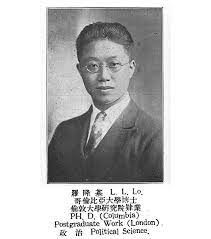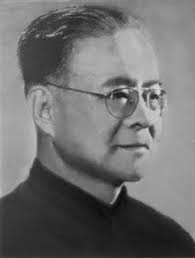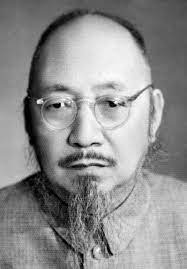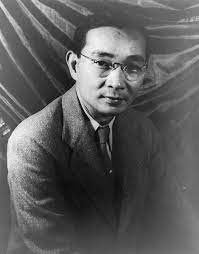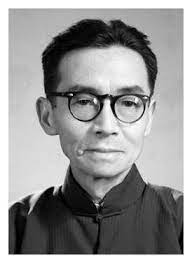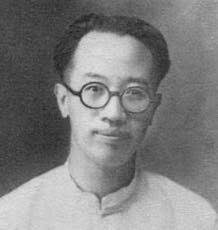Lo Lung-chi (1896-7 December 1965), Westerneducated political scientist who gained prominence in China as the editor of the I-shih pao and the Peking Ch'en Pao. During the Sino-Japanese war he became prominent in the China Democratic League. After 1949, he served the Central People's Government, becoming minister of timber industry in 1956. As a senior […]

